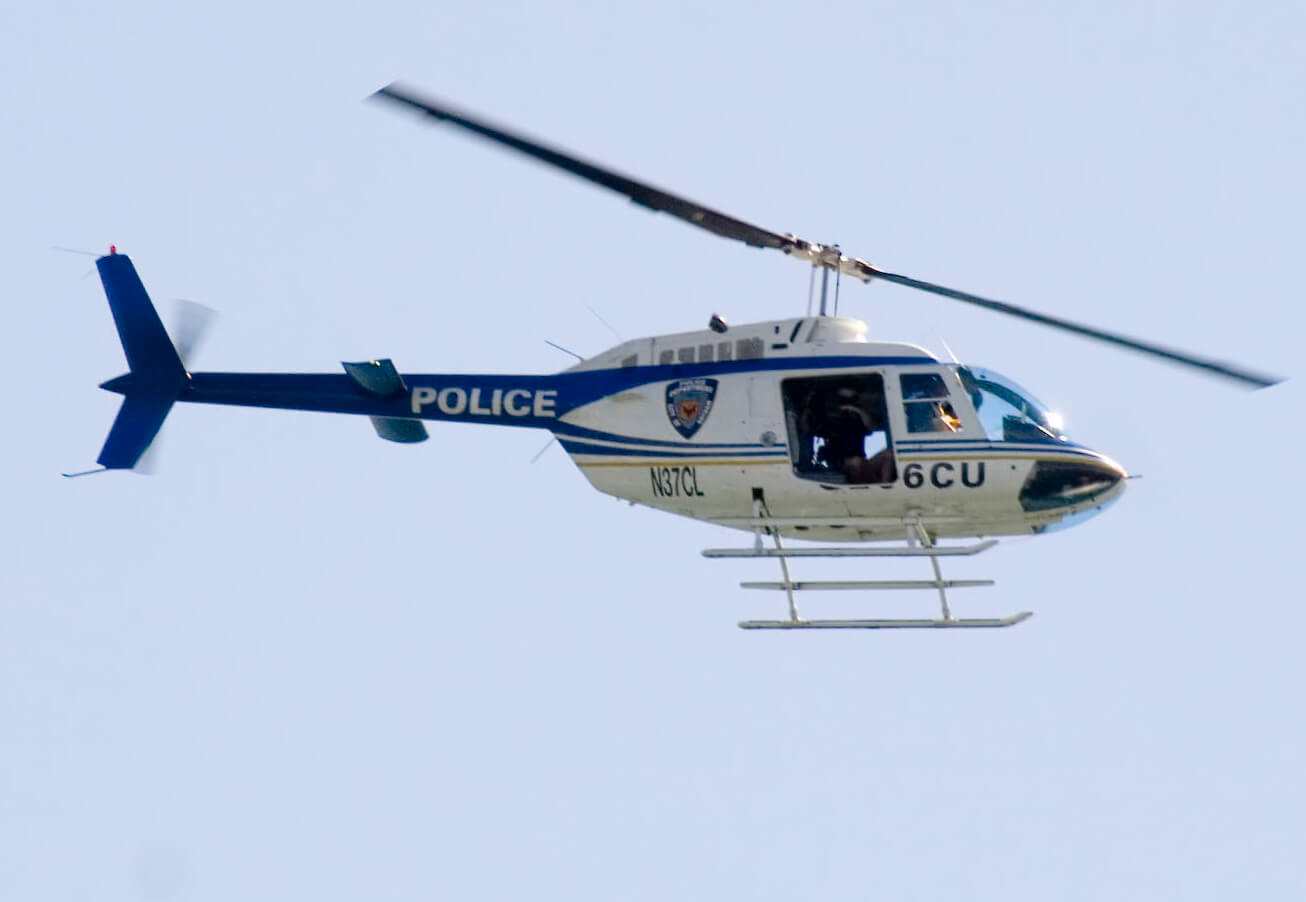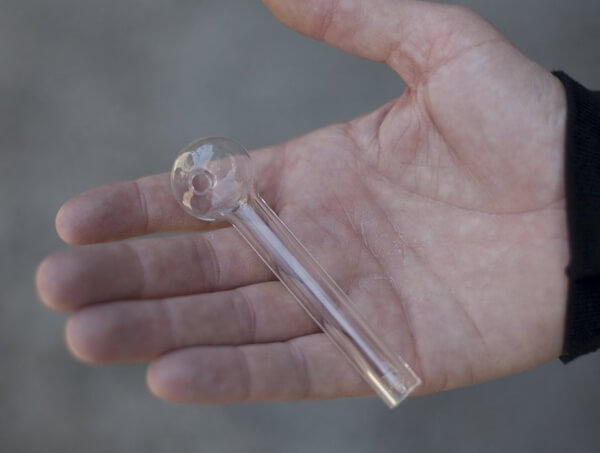
What Does it Mean to Be in Knowing Possession of Drugs in Texas?
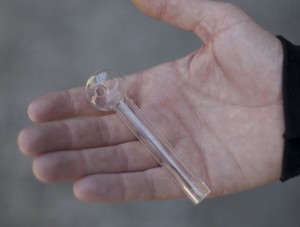 Police found George Williams sitting behind an air conditioner unit of a business building. Even though it was a cool morning, Williams had his shirt off and was sweating profusely. After doing a pat-down of Williams, police found a crack pipe in his pocket that was later determined to have cocaine residue in it by police and a chemist.
Police found George Williams sitting behind an air conditioner unit of a business building. Even though it was a cool morning, Williams had his shirt off and was sweating profusely. After doing a pat-down of Williams, police found a crack pipe in his pocket that was later determined to have cocaine residue in it by police and a chemist.
The Trial Court convicted Williams of knowingly possessing a controlled substance. The elements are:
- that appellant exercised actual care, control and management over the contraband; and
- that appellant had knowledge that the substance in his possession was contraband.
The 14th Court of Appeals (Houston) wanted to look further to see whether the evidence would support a reasonable inference that the defendant knowingly possessed the contraband. When the quantity of a substance possessed is so small that it cannot be measured, there must be evidence other than mere possession to prove that the defendant knew the substance in his possession was a controlled substance.
Read the Case: Williams v. State (14th District Court of Appeals – Houston, 2015)
In other cases, the defendant was convicted because the State proved that there was saliva on the crack pipe, suggesting that it had recently been smoked and that the defendant was intoxicated at the time the police found him. Another example is a defendant being found in a well-known drug house holding a syringe with cocaine in it in a manner that he was about to insert, or had just inserted it, into his body.
In this case, the Court of Appeals found that the only evidence was that Williams had his shirt off and was sweating. The Court of Appeals held that this was not enough to prove Williams had recently used the pipe or knew of its purpose as a crack pipe. The Court of Appeals reversed this case in the favor of Williams.
This signals that it takes more than just merely being found with a pipe containing trace amounts of a drug to be convicted of knowingly possessing the drug. There must be more evidence such as intoxication, recent usage, or being found in a known drug house.
Fort Worth Drug Crimes Attorneys | Free Case Consultation
If you have been charged with possession of a controlled substance or any other drug crimes, contact our attorney today for a Free consultation of your case. We will take the time to speak with you about the incident and answer your questions about the criminal justice process in Tarrant County. Contact our office at (817) 993-9249.

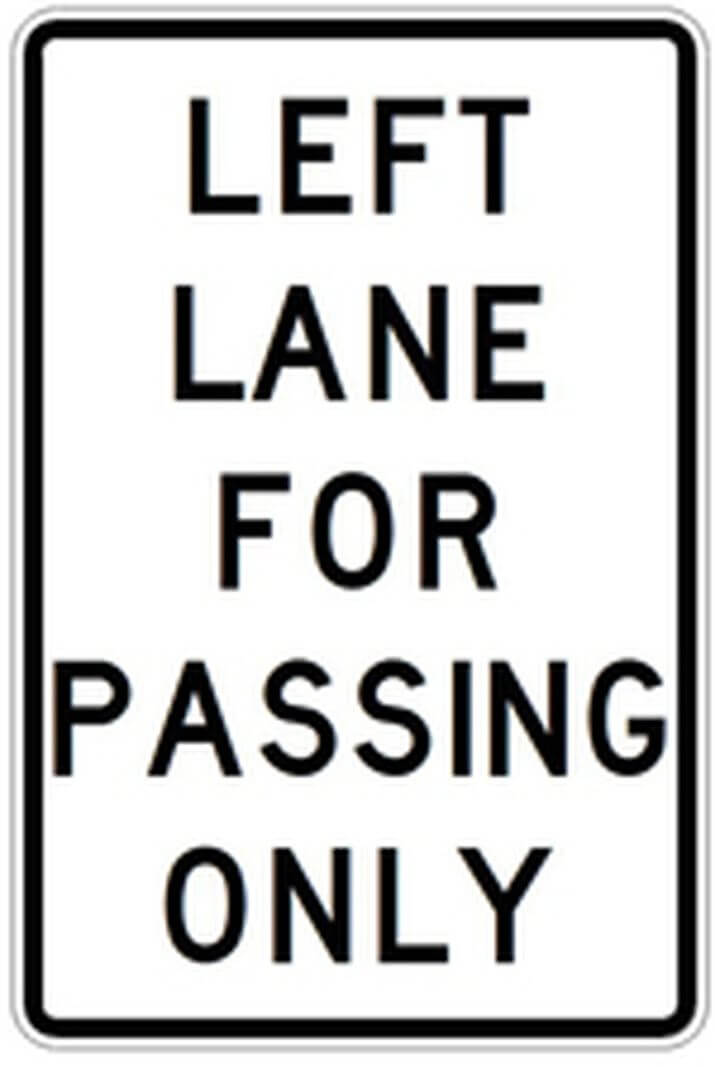
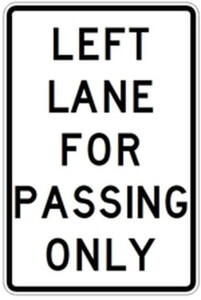

 Robert Ehrke was convicted of a drug crimes case – possession of between one and four grams of methamphetamine in a drug-free zone – and sentenced to seventy-five years in prison. The weight (1.6 grams) and composition of the substance were determined by a Department of Public Safety chemist.
Robert Ehrke was convicted of a drug crimes case – possession of between one and four grams of methamphetamine in a drug-free zone – and sentenced to seventy-five years in prison. The weight (1.6 grams) and composition of the substance were determined by a Department of Public Safety chemist.
 In Brown v. Illinois, 422 U.S. 590 (1975), the U.S. Supreme Court identified three factors that courts should consider when determining whether the taint of an unlawful arrest was attenuated prior to obtaining a confession:
In Brown v. Illinois, 422 U.S. 590 (1975), the U.S. Supreme Court identified three factors that courts should consider when determining whether the taint of an unlawful arrest was attenuated prior to obtaining a confession: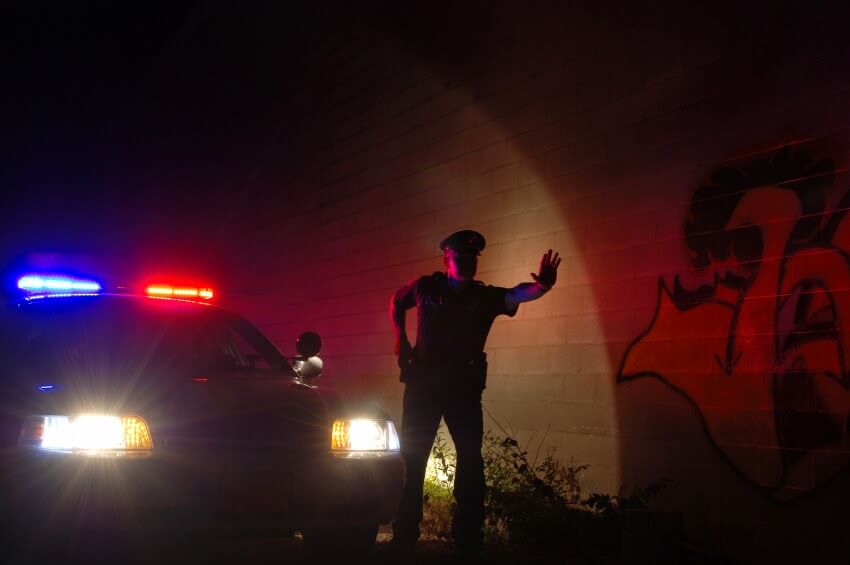


 In
In 
 A federal agent saw Appellant walk out of a house under surveillance as part of a
A federal agent saw Appellant walk out of a house under surveillance as part of a 
 New Case from the 5th Circuit (Federal):
New Case from the 5th Circuit (Federal): 